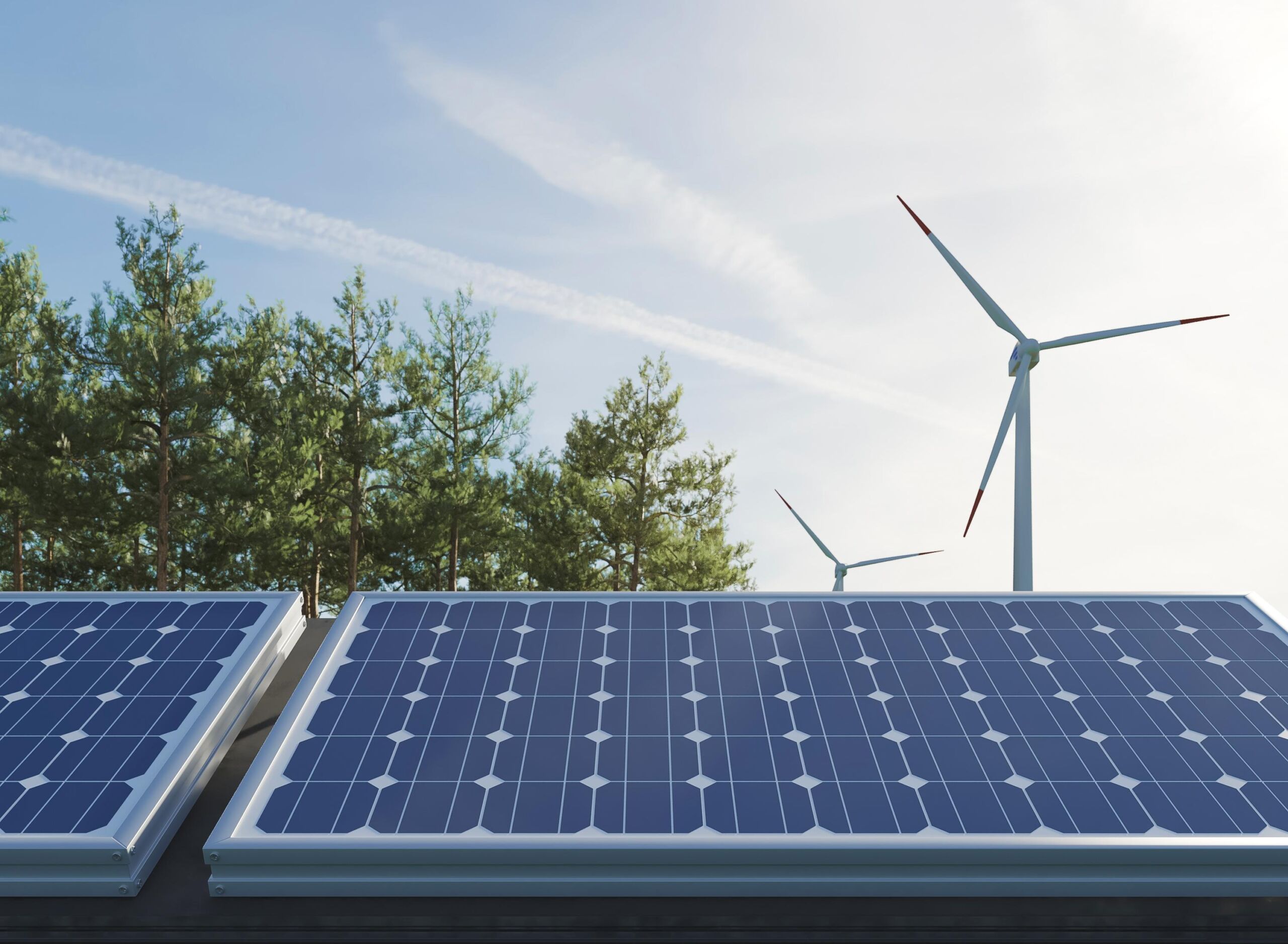Karelia University of Applied Sciences piloted the INVEST BSc specialisation Sustainable Communities in Energy Transition during semester 2022-2023 for a small group of international and Finnish students. The specialisation included five advanced courses, totaling 30 ECTS points, and is a part of Karelia’s Energy and Environmental Technology degree program. The curriculum development and the first implementation were done in collaboration with the INVEST European University Alliance universities. The working-life collaboration is highly important and the experienced collaboration was successful. The students of the pilot had a chance to solve real-life problems in cooperation with local operators. The results and feedback from students and working-life partners were encouraging and the pilot was considered successful.
Educating professionals for the future
The need for sustainable development has become increasingly important, and the energy sector plays a critical role in achieving this goal. Therefore, universities and higher education institutions have a significant role in providing education supporting sustainable energy transitions. The INVEST BSc specialisation Sustainable Communities in Energy Transition at Karelia University of Applied Sciences aims to develop professionals who can facilitate and promote energy transition in sustainable energy practices. The specialisation package is part of a new degree program curriculum for Energy and Environmental Engineering, designed to be studied during the last year of the curriculum.
Courses require a professional understanding of energy and environmental technology and a mature ability to apply a theory to a problem as the courses cover real working-life problems and real-life case studies. Based on our feedback, the students found real working-life cases motivating and inspiring. The program included methodological practice work, including business model development with business model canvas, LCA modeling, and energy reviewing.
The program aims to provide students with knowledge and skills in sustainable energy practices, including working with stakeholders from Living Lab. Living Lab is a research concept that enables stakeholders to collaborate on research and innovation in a real-world environment. The program included continuous working-life collaboration in North Karelia Living Lab, such as the development of the energy service business model for Pyhäselkä Cooperative, energy efficiency review for a health care center, creation of Life Cycle Analyses of energy communities, and investigating of the carbon footprint of circular economy of textile fibers. There were also visits to local power companies and energy businesses, which students appreciated. Working with stakeholders from Living Lab was considered positive, despite some language challenges.
Each year, present-day topics and operators rising from the living lab are included in course assignments offering new insights to all stakeholders. In the 2023-2024 semester, the emphasis will be on substitute uses for terminated peat production sites.
Pilot feedback
The specialisation pilot took place in the fall period of the semester. Due to the relatively short fall period, there were some imbalances in the amount of work and scheduling, as most courses became more challenging and demanding towards the end. Especially in November, students’ workload seemed too high when several case studies were ongoing, which all required a lot of work. According to student feedback, the workload should be divided more equally during the period for balanced studies.
The several-course specialisation package gives students and teachers enough time and space to cover broad subjects from different viewpoints and assignments which helps students to learn systemic thinking and understand the bigger picture. Students found synergies planned in the curriculum development phase and considered that course contents supported each other without overlapping.
The spesialisation is interdisciplinary and international, therefore students with diverse backgrounds support the success of Karelia’s specialisation package. The students of the 2022-2023 semester mainly had similar educational backgrounds, but some interdisciplinary benefits were found, especially with business knowledge. Students were from three different European countries which helped widen students’ viewpoint to the European scale from a purely Finnish view.
The small number of students (1-8 students in the pilot) will be a challenge, if Karelia and other INVEST universities fail to promote their specialisation studies. The low number of students was partly due to overlapping with other courses for some Finnish students. In addition to the shortage of Finnish students, there were no students from INVEST partner universities in the pilot. The situation remains the same as no students from INVEST universities enrolled in Sustainable Communities in Energy Transition specialisation studies this year. On the other hand, there are more international students with broader educational backgrounds this fall which is encouraging.
Authors:
Tommi Kukkonen, Lecturer, Karelia Univesity of Applied Sciences
Anniina Kontiokorpi, Lecturer, Karelia Univesity of Applied Sciences
Lasse Okkonen Principal Lecturer, Karelia Univesity of Applied Sciences


